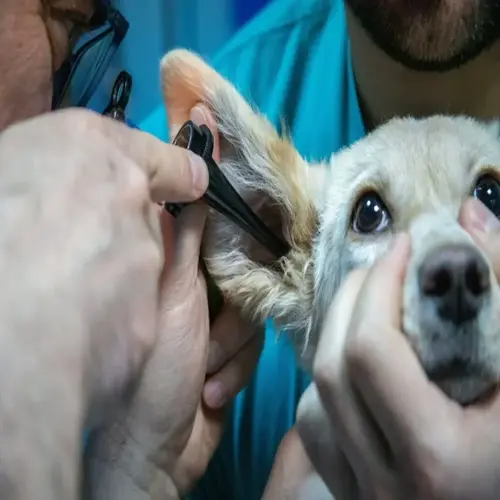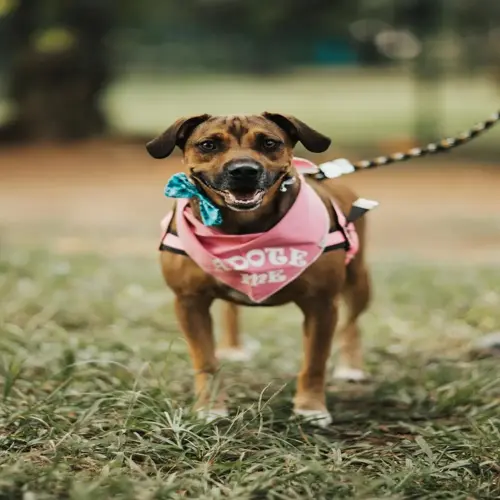Do all dog breeds need mental stimulation?

Written by
Kailani Okoro
Reviewed by
Prof. David Walsh, Ph.D.Cognitive enrichment is beneficial to all breeds of dog, from high-drive competitors to languid companions. All, however, require mental stimulation, and if we look to the general requirements of breed, we find that some are more of a challenge than others, but all require stimulation. If not given this stimulation, the dog, of course, will have several behavioral problems and will be mentally retarded.
Working & Herding Breeds
- Require complex problem-solving tasks
- Thrive on job-simulating activities
- Need daily challenges to prevent neurotic behaviors
Companion & Toy Breeds
- Benefit from confidence-building games
- Prefer shorter sessions with quick rewards
- Enjoy interactive play with owners
Senior & Low-Energy Dogs
- Need memory-retention activities
- Thrive with short daily puzzles
- Require modified challenges for physical limits
Implementation considerations differ substantially. High-energy breeds benefit from morning exercise, when they're less distracted and more focused on the task. Short-nosed breeds require frequent physical breaks during activities. When introducing puzzles to rescue dogs, it is best to do so gradually. Always structure obstacles to suit dogs' physical capabilities.
Common Misconceptions provide false absolutions for specific breeds of dogs. Low-energy dogs need to keep their brains busy every day just as much as they need rest. Senior dogs need mental stimulation to keep their minds from deteriorating. Disabled dogs will also thrive on mental challenges in the form of scent or sound cue games, which can be easily modified to accommodate their physical limitations.
Universal advantages exist in all breeds. Owners notice reduced anxiety in weeks. Owners are reporting reduced destructive behaviors. Human-canine relationships are strengthened through problem-solving. Notable cognitive health is sustained, especially in senior dogs.
You need very little to get started. Use muffin tins as food puzzles with tennis balls. Create scent trails with kibble in towels. Do short (two-minute) training sessions on commands throughout the day. More important than the complexity of your games and commands is the regularity with which you practice the games and commands.
Read the full article: 10 Essential Dog Mental Stimulation Activities

